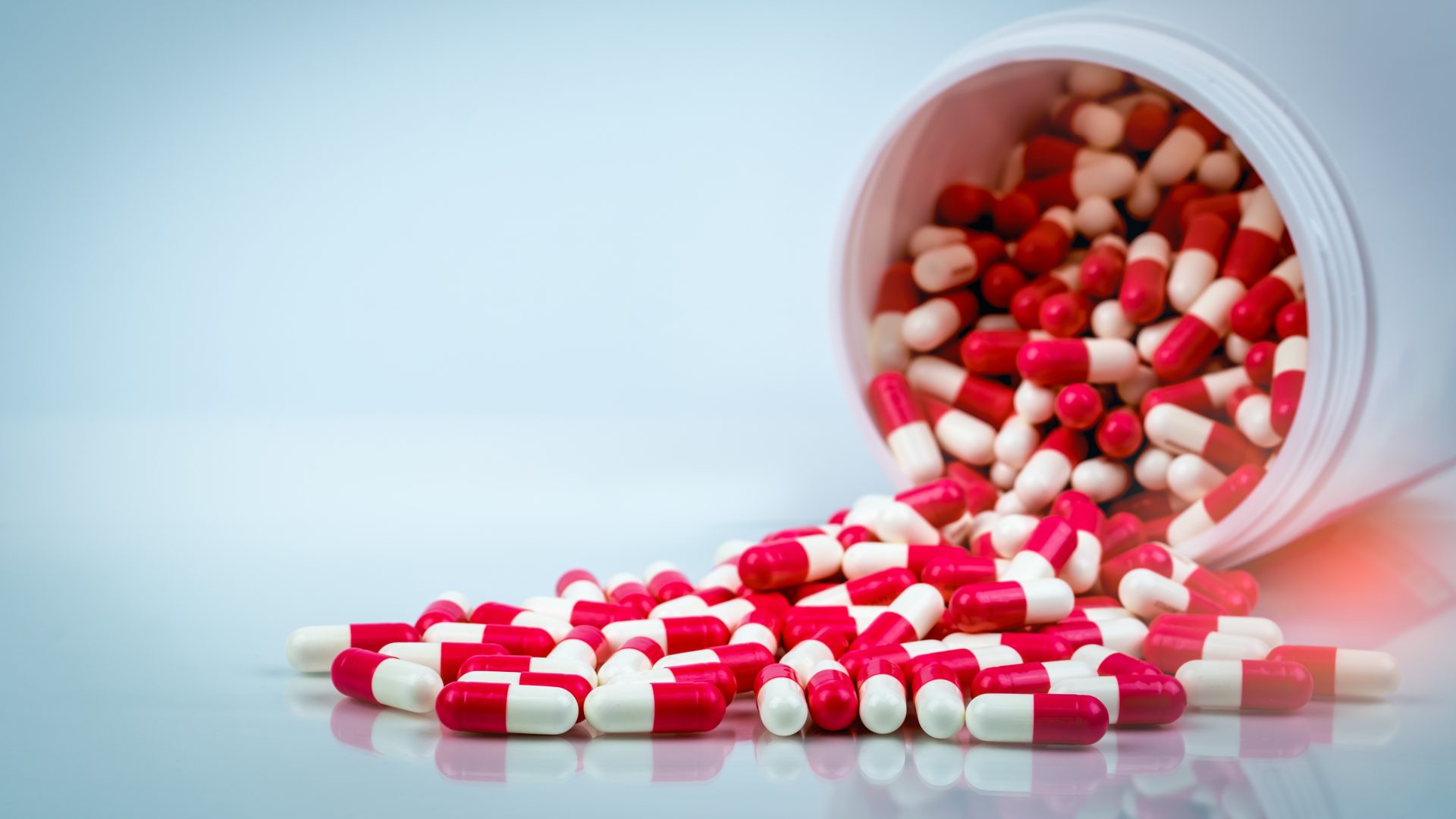Carnegie Mellon University scientists have found that Sudoc’s patented NewTAML catalysts and hydrogen peroxide effectively degrade several antibiotics and other drugs found in municipal secondary wastewater and contaminated river and lake water. The drugs are representative of the hundreds of chemical micropollutants of concern found globally in wastewater as well as in rivers and streams that supply drinking water.
The results, published in the journal ACS Sustainable Chemistry & Engineering, show that NewTAML catalysts exhibit unprecedented efficacy in activating hydrogen peroxide (H2O2) at ultra-low concentrations.
Dr. Terry Collins, Co-Founder of Sudoc and Teresa Heinz Professor of Green Chemistry & Director of the Insitute for Green Science at Carnegie Mellon University states:
“This work presents a low-cost, broadly applicable, sustainable solution for purification of pharmaceutical-contaminated waters using an extremely low concentration of catalyst and peroxide. When you combine the technical aspects with the cost and environmental performances, our innovation can provide an effective, affordable and versatile solution for removing micropollutants from water.”
The Carnegie Mellon investigators evaluated the ability of NewTAML to degrade six high-concern drugs — four common antibiotics, a synthetic estrogen, and a nonsteroidal anti-inflammatory drug — first in laboratory water spiked with the drugs, and then under real-world conditions, including in spiked municipal secondary wastewater and water from rivers and a lake.
In the laboratory tests, chemistry doctoral student Xiaowei Ma found that a minuscule amount of the NewTAML catalyst and a small amount of hydrogen peroxide degraded all six drugs whether individually or in a mixture. After six hours of treatment under the prescribed conditions, five of the drugs were nondetectable and one, ciprofloxacin, was 95.4% degraded. All the spike drugs started at concentrations much higher than typically found in wastewaters.
Xiaowei Ma states:
“Our work shows that infinitesimal amounts of NewTAML and very small amounts of peroxide easily remove representative active pharmaceutical ingredients from lab, river and municipal secondary wastewaters with roughly equal efficacy, opening the possibility of treating not only urban wastewaters but also environmental waters”
Roger Berry, CEO of Sudoc, commented:
“Dr. Collins and his students at the Institute for Green Science at Carnegie Mellon University are showing that NewTAML chemistry can reduce chemical burden in our waters so that people can limit their exposure to toxins and unwanted endocrine disrupting chemicals. This work is critically important because it shows that we don’t have to accept the status quo and it is actually possible to efficiently and effectively reduce our exposure to micropollutants in our water systems.”
Sudoc’s catalysts are bioinspired, miniaturized replicas of naturally occurring active sites of peroxidase enzymes. They make chemical reactions exponentially more efficient, allowing the company to make powerful cleaning products with less chemical and extend water treatment systems to be more efficient, effective, and less energy intensive. Sudoc recently raised $10 million in capital, for a total of $20 million, to support a global growth strategy and enter the European market.



